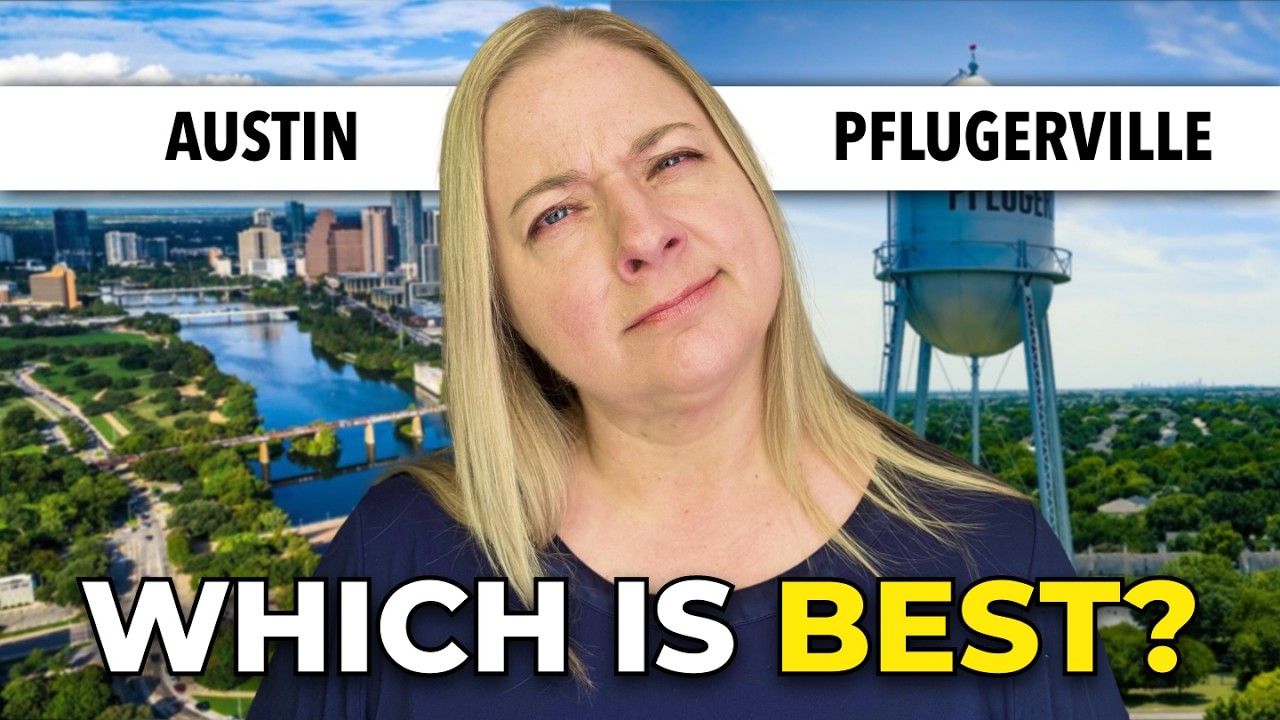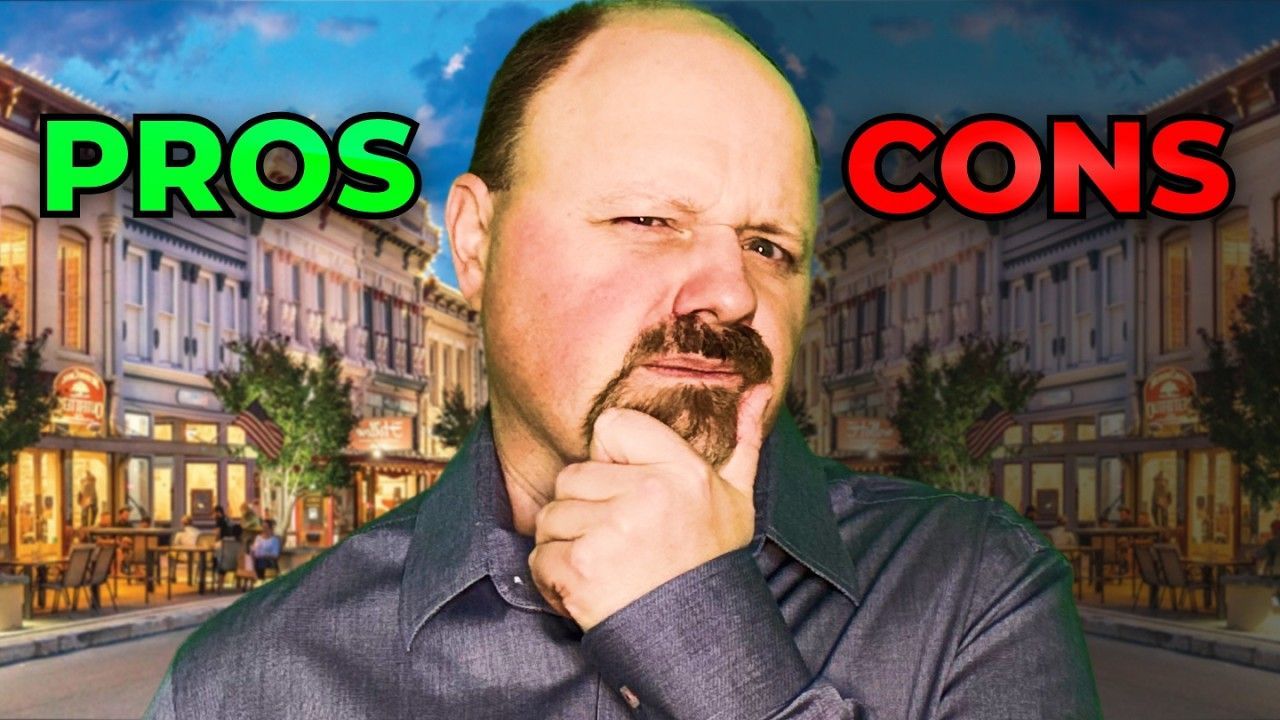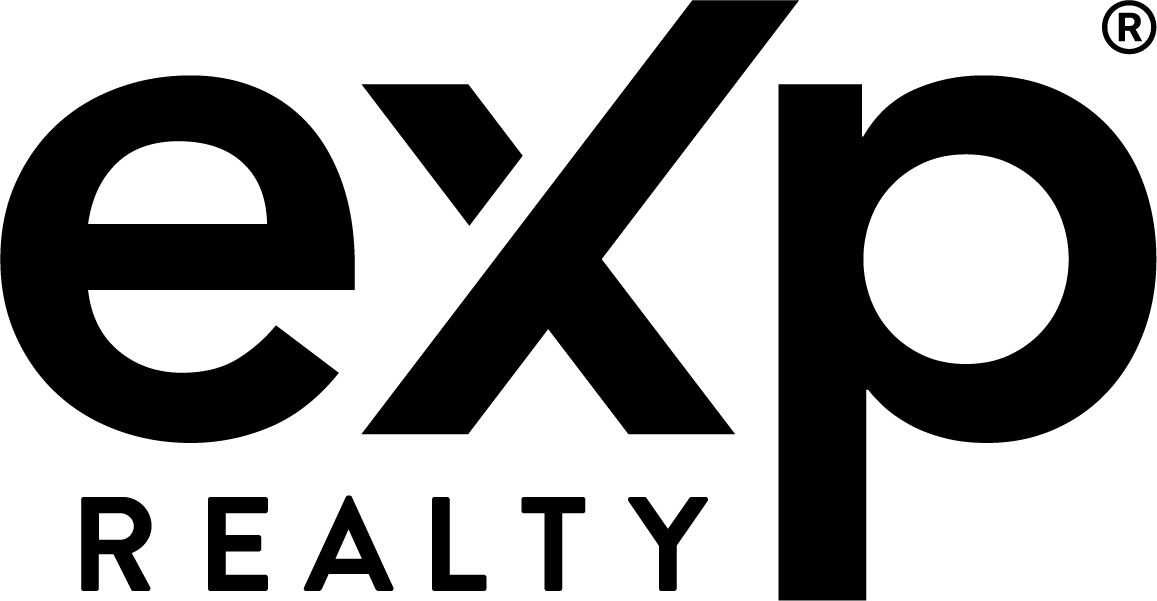The Real Cost of Living in Austin, TX in 2025
If you're considering making the move to Austin, Texas in 2025, you're not alone. This vibrant city has drawn countless newcomers with its unique blend of culture, innovation, and lifestyle. However, before you pack your bags, it's crucial to understand the true cost of living in Austin TX. From skyrocketing housing prices to unexpected utility expenses, we've broken down everything you need to know to make an informed decision. Let’s dive in!
Table of Contents
- Introduction to Cost of Living in Austin TX
- Housing Costs in Austin and Austin Suburbs
- Cost of Living: Renting vs. Buying in Austin
- Property Taxes in Austin: MUDs & PIDs Explained
- Utility Costs in Austin: Energy Bills & Tips to Save
- Transportation Costs in Austin
- Groceries & Dining Out: Budget-Friendly Austin Eats
- Entertainment in Austin: Free Activities & Events
- Healthcare in Austin: Access, Wait Times & Tips
- Is Cost of Living in Austin Affordable in 2025?
- FAQs About Cost of Living in Austin
Introduction to Cost of Living in Austin TX
Wondering if Austin fits your budget and lifestyle? From skyrocketing housing prices to surprising utility costs, we're uncovering what's the real cost of living in Austin in 2025. You might be shocked at what we found!
Housing Costs in Austin and Austin Suburbs
As of November 2024, the median home price in Austin was just over $573,000, much higher than the national median of just over $406,000. In Travis County, which includes Austin and suburbs like Pflugerville, Manor, West Lake Hills, and Lago Vista, the median price is around $515,000. Meanwhile, Williamson County, home to areas like Round Rock, Cedar Park, Leander, Georgetown, and Hutto, has a median of just over $423,000.
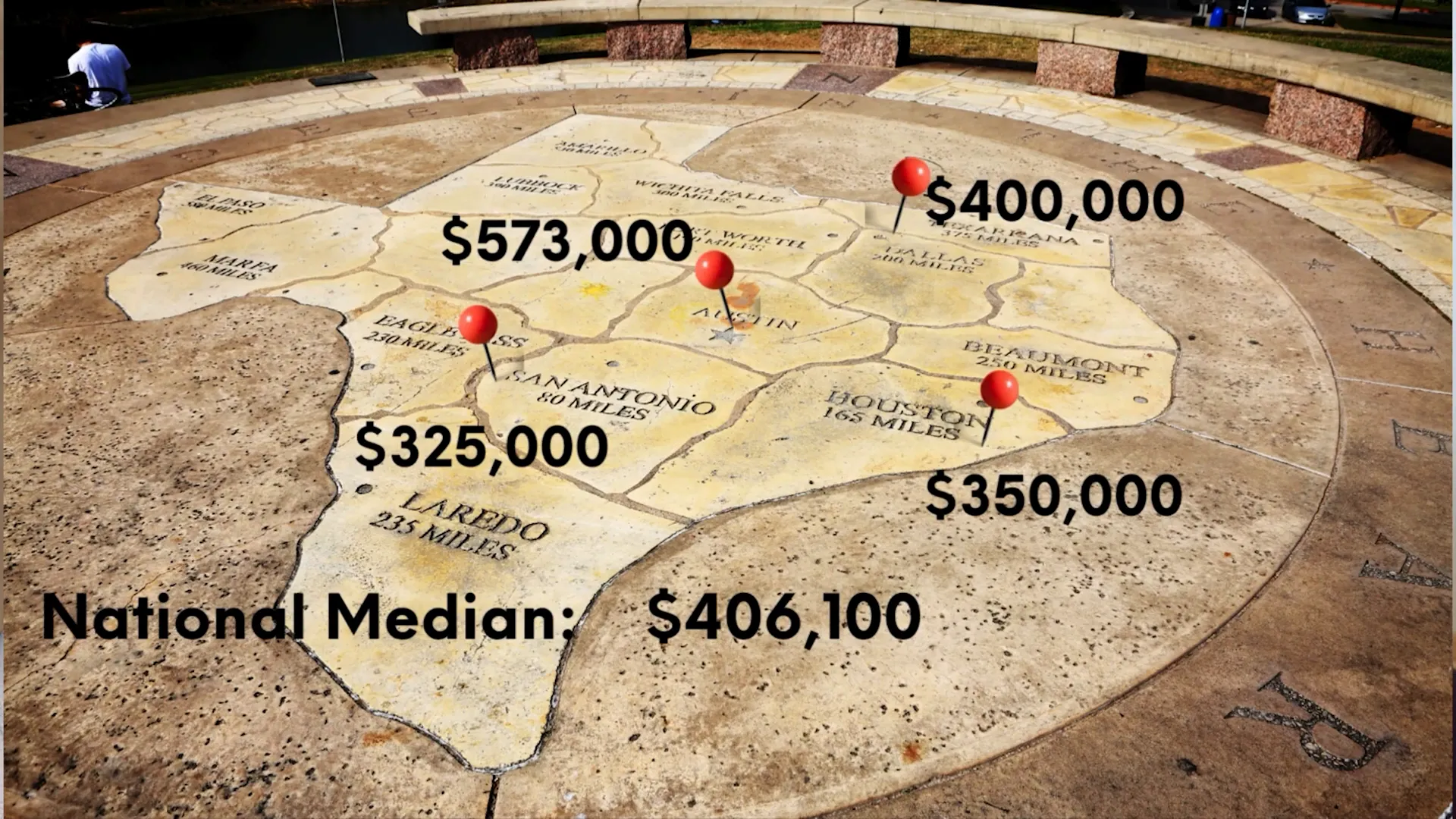
For context, other major Texas cities have lower median home prices: Dallas at approximately $400,000, Houston at $350,000, and San Antonio at $325,000. This range of prices in and around Austin provides flexibility depending on your budget and lifestyle.
Looking to save on housing costs? Check out suburbs like Manor, Pflugerville, and Hutto. The median home price in Pflugerville is about $400,000, while Hutto is around $356,000, much lower than Austin. New construction neighborhoods often include perks like lower interest rates and free upgrades.
Cost of Living: Renting vs. Buying in Austin
If buying a home isn't in your plans right now, let’s break down the cost of living in Austin TX when it comes to renting. As of December 2024, the average rent for a three-bedroom home in Austin hovers around $2,400. That number can shift quite a bit depending on which part of the city—or surrounding area—you’re eyeing.
Looking just outside of the city? Suburbs like Round Rock and Manor offer a quieter lifestyle with a lower price tag:
- Round Rock: ~$2,075/month
- Manor: ~$1,950/month
These areas offer more space and are still commuter-friendly for anyone working in downtown Austin.
But if your heart is set on living in a buzzier part of the city, like downtown Austin or South Congress, expect to pay a premium for the location:
- 1-bedroom in Downtown: ~$2,500/month
- 1-bedroom in South Congress: ~$2,300/month
If you’re looking to balance cost and convenience, consider neighborhoods like East Riverside or North Austin, where you can often find 1-bedroom apartments starting around $1,800.
Overall, the cost of living in Austin TX varies depending on lifestyle and location, but there are plenty of options to fit different budgets and priorities.

Property Taxes in Austin: MUDs & PIDs Explained
Texas boasts no state income tax, but property taxes are among the highest nationwide, averaging 1.8% of a home's assessed value. In Austin, rates typically range from 1.9 to 2.3%. Suburbs with municipal utility districts (MUDs) or public improvement districts (PIDs) may see higher rates. For example, Sunfield MUD in Buda has a total tax rate of around 2.8%, while Estancia PID in South Austin reaches about 2.7%.
Want to save on property taxes? Smaller lots or new construction homes in places like Manor or Leander can help. Many builders offer energy-efficient designs and incentives like reduced closing costs or lower interest rates.
Utility Costs in Austin: Energy Bills & Tips to Save
Utility costs in Austin are something to keep in mind. On average, residents spend around $230 a month on essentials like electricity, water, and waste services. This is slightly below the national average of $253. However, with Austin's rapid growth and rising energy demand, especially during hot Texas summers, bills can add up.
To keep bills manageable, consider energy-efficient appliances and setting your thermostat a few degrees higher in the summer to save on cooling.
Transportation Costs: Toll Roads, Gas Prices & Public Transit
Toll roads like 183A and 45 North save time but cost around $2 to $4 per trip, which can add up fast. For a budget-friendly option, Metro Rail rides cost just $1.25, with monthly passes at $41.25, perfect if you're near Leander or Lakeline. Gas prices in Austin are lower than the national average, around $2.68 per gallon as of December 2024.
Whether it's cost or convenience, the choice is yours.
Groceries & Dining Out: Budget-Friendly Austin Eats
Groceries in Austin are comparable to other major cities, with a family of four spending around $850 a month. But Austin's dining scene truly shines, offering everything from high-end sushi to gourmet tacos and vegan barbecue at iconic food trucks. Budget-friendly options like happy hours and food truck specials make it easy to enjoy Austin's culinary scene without overspending.

Entertainment in Austin: Free Activities & Events
Entertainment in Austin has something for everyone. Enjoy free outdoor activities like hiking in Barton Creek Greenbelt, paddle boarding on Lady Bird Lake, or visiting Mount Bonnell for great views. Big events like Austin City Limits and South by Southwest come with higher price tags, but you can still find free live music on 6th Street or explore art markets and food festivals around the city.
Healthcare in Austin: Access, Wait Times & Tips
Austin is home to several top-notch healthcare providers. If you ever find yourself in need of emergency care, prepare for ER wait times at Baylor Scott & White Health to average about 1.9 hours, and can be as long as 4.6 hours at Dell Seton Medical Center. For non-urgent issues, consider visiting an urgent care center or booking an online appointment with your provider to save time.
Is Cost of Living in Austin Affordable in 2025?
Is Austin affordable for you in 2025? That really depends on how you look at it—and what trade-offs you're willing to make. When it comes to the cost of living in Austin TX, there’s no denying that housing prices and property taxes are higher than in many other parts of the country. But what you’re paying for isn’t just a roof over your head—it’s access to one of the most vibrant, opportunity-rich cities in the U.S.
From a booming tech industry and diverse job market to a world-class food and music scene, Austin offers a lifestyle that’s hard to match. Sure, the monthly rent or mortgage might stretch your budget, but for many, the investment is worth it. The real question isn’t just “Is Austin expensive?”—it’s “How much is the Austin lifestyle worth to you?”
If you value culture, innovation, warm weather, and endless things to do, then the cost of living in Austin TX might feel like a fair price to pay for the experience. For others, weighing affordability against amenities is key to making the right move.
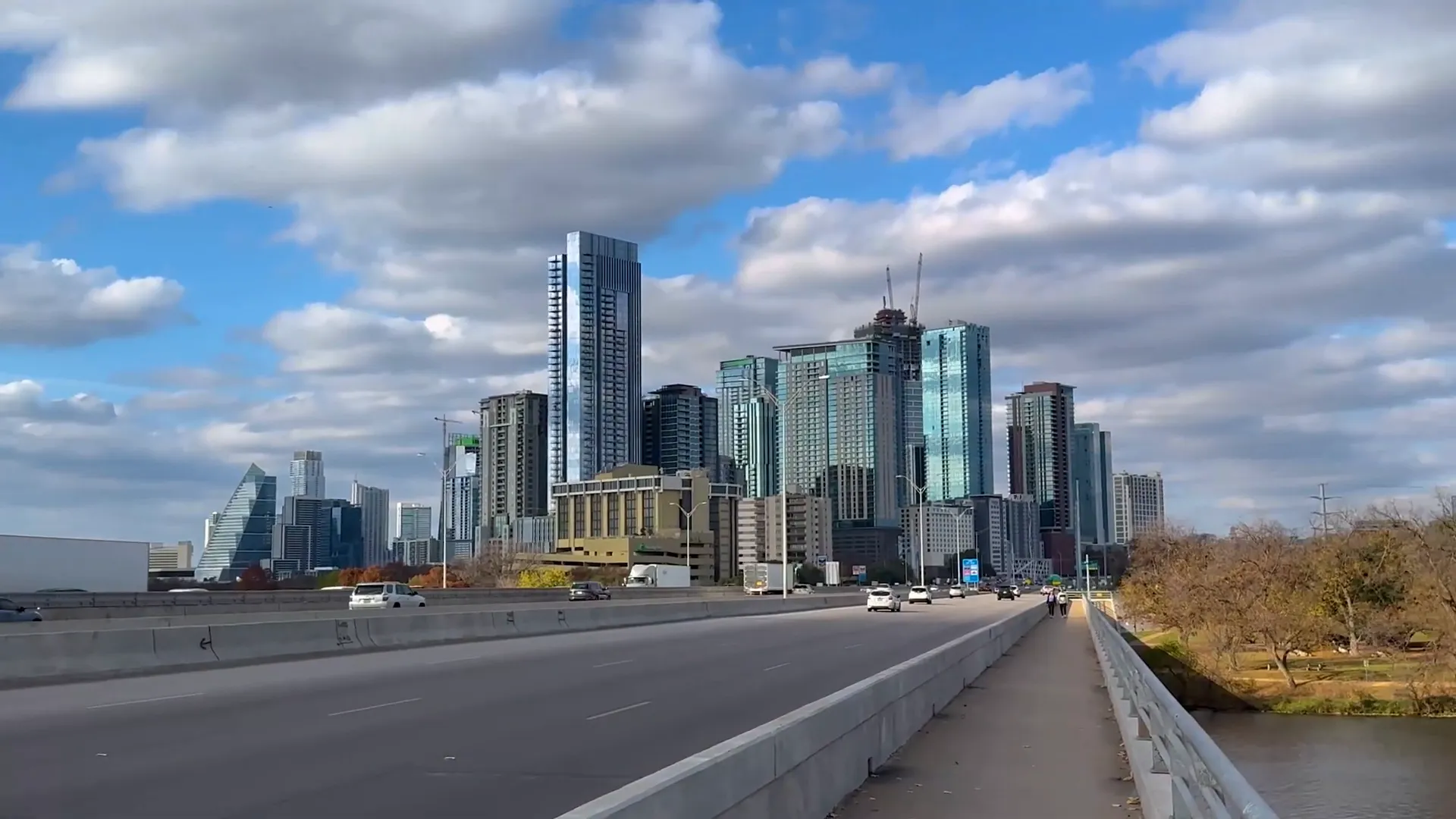
FAQs About Cost of Living in Austin
What is the average rent in Austin?
The average rent for a three-bedroom home in Austin is about $2,400, with one-bedroom apartments in downtown averaging around $2,500.
How much do utilities cost in Austin?
On average, residents spend about $230 a month on utilities, which is slightly below the national average.
What are the property tax rates in Austin?
Property tax rates in Austin typically range from 1.9 to 2.3% of a home's assessed value.
Is Austin an expensive city to live in?
Yes, Austin's housing costs and property taxes are higher than many other cities, but it offers a vibrant lifestyle and numerous opportunities.
What are some tips for saving money in Austin?
Consider living in the suburbs, budgeting for utilities, and taking advantage of free entertainment options around the city.
Alisha & Matthew Wilson
With years of experience in both residential and investment properties, they are dedicated to helping clients navigate Austin’s thriving market.
LIVING IN Austin TX
Specializing in relocation and real estate investment, they provide expert advice and guidance to help you find your dream home or investment property in the vibrant Austin market. Tune in for helpful tips, neighborhood tours, and insights on living in Austin.



